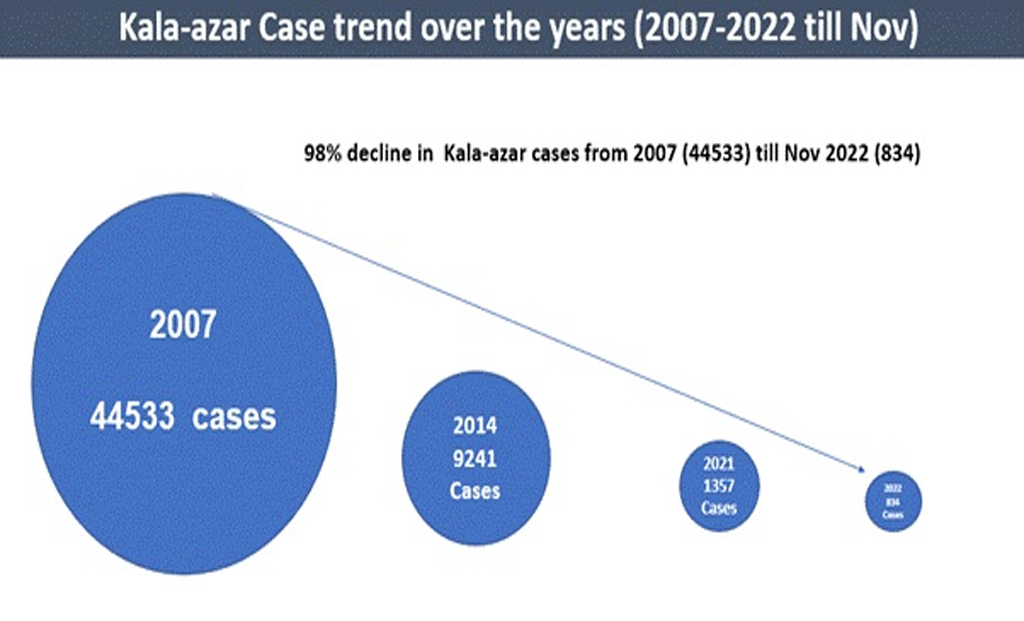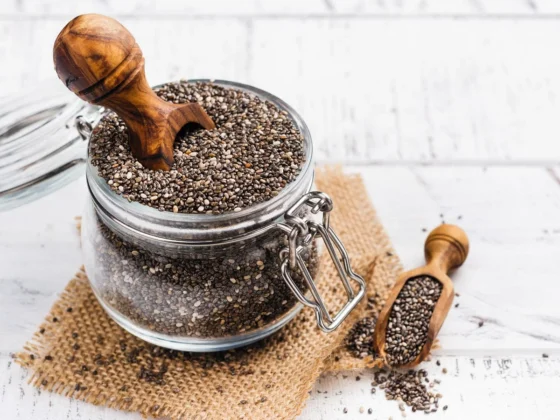Expert Advice on Minimizing the Impact of Winter Smog for Better Respiratory and Cardiovascular Health
As the winter season sets in, the air becomes dry, and a decrease in temperature leads to increased air pollution and the formation of smog. This phenomenon poses significant health risks for both individuals with existing respiratory conditions and those without. Dr. Vikas Maurya, Director & HOD – Pulmonology at Fortis Hospital, Shalimar Bagh, shares vital tips to help minimize the impact of smog and safeguard your respiratory and cardiovascular health during this challenging season.
Stay Indoors to Stay Safe Amidst increased air pollution and smog, it is crucial to limit your exposure to harmful pollutants. Dr. Maurya advises individuals to stay indoors as much as possible, especially when the air quality is poor. By creating a clean and safe environment indoors, you can significantly reduce the risk of respiratory and cardiovascular complications.
Mask Up for Protection When venturing outdoors during periods of high air pollution and smog, wearing a mask becomes essential. Dr. Maurya emphasizes the importance of using appropriate masks that offer effective filtration against pollutants. By wearing masks, individuals can reduce their exposure to harmful particles and safeguard their respiratory health.
Prioritize Indoor Physical Activities Engaging in regular physical activities is crucial for maintaining overall health. However, during winter, it is advisable to perform exercises and workouts indoors. Exercising outdoors in the presence of smog can exacerbate respiratory and cardiovascular issues. By shifting your workouts to indoor spaces, such as gyms or home, you can ensure a healthier and safer exercise routine.
Maintain Hydration for Respiratory Health Drinking an adequate amount of water is essential to maintain good hydration levels, which can help in eliminating pollutant particles from the airways and blood. Unless advised otherwise by a healthcare professional due to specific medical conditions, individuals should aim to drink plenty of water to promote healthy blood flow and support their respiratory health.
Adopt a Healthy Diet and Lifestyle Consuming a nutritious diet is vital for boosting immunity and overall well-being. Dr. Maurya emphasizes the importance of maintaining a healthy diet during winter to strengthen the immune system and enhance the body’s ability to fight off infections and diseases.
Avoid Tobacco and Smoke Tobacco smoke can significantly worsen the respiratory and cardiovascular health of individuals, particularly during winter when the risk of respiratory diseases is higher. Dr. Maurya urges individuals to abstain from active and passive smoking to protect their lungs and minimize the adverse effects of smog on their health.
Ensure Proper Ventilation at Home While maintaining proper ventilation is essential for healthy living spaces, Dr. Maurya advises caution during the winter season. Opening windows early in the morning or in the evening when the temperature is lower can lead to the entry of cold air and pollutants. Optimal ventilation should be practiced during the peak sun hours to ensure clean indoor air quality.
Vaccination: A Crucial Step for High-Risk Individuals Dr. Maurya emphasizes the significance of getting vaccinated, particularly for individuals at a higher risk of respiratory and cardiovascular complications. This includes children, the elderly, and those with underlying health conditions like diabetes, asthma, or chronic lung or kidney diseases. Vaccination plays a crucial role in strengthening immunity and safeguarding vulnerable populations from winter-related health risks.











